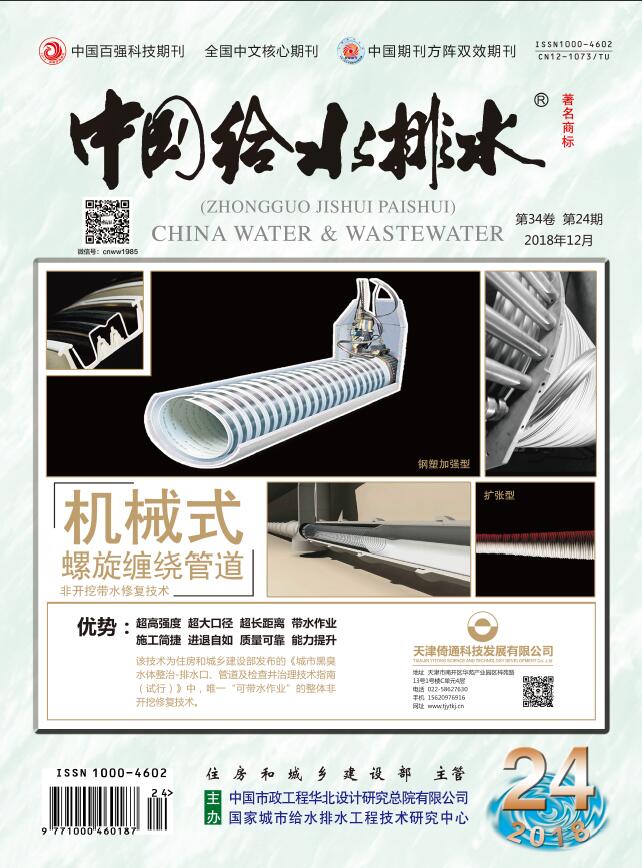LIUYu-ning,ZHANGQian,TANBin,et al.Effect of Modification Methods on Biochar Composite System for Degradation of Reactive Blue 19[J].China Water & Wastewater,2022,38(19):69-75.
Effect of Modification Methods on Biochar Composite System for Degradation of Reactive Blue 19
China Water & Wastewater[ISSN:1000-4062/CN:12-1073/TU]
volume:
第38卷
Number:
第19期
Page:
69-75
Column:
Date of publication:
2022-10-01
- Keywords:
- biochar; modification; nano zero-valent iron; persulfate; activation; reactive blue 19
- Abstract:
- The modified biochar was prepared from millet bran with three different modifiers, namely phosphoric acid, sodium hydroxide and potassium carbonate. Then, nano zero-valent iron (nZVI) was loaded onto the modified biochar and combined with persulfate (PS) to form a composite system. The effects of three modification methods on biochar and nZVI-based modified biochar for activation of persulfate (PS) were investigated. The phosphoric acid modified biochar (PBC) had a large specific surface area and abundant functional groups, and a good loading performance of nZVI was obtained, which reduced the iron dissolution. The specific surface area of sodium hydroxide modified biochar (SBC) had little change, the number of carboxyl functional groups decreased, and the loading performance of nZVI was better. The specific surface area of potassium carbonate modified biochar (KBC) was significantly increased, the functional groups were basically unchanged, and the dissolution quantity of nZVI was large. The performance of nZVI-based modified biochar for activation of persulfate in descending order was as follows: phosphoric acid, potassium carbonate and sodium hydroxide. The degradation rate of RB19 by nZVI-PBC/PS composite system reached 92.8%.
Last Update:
2022-10-01

